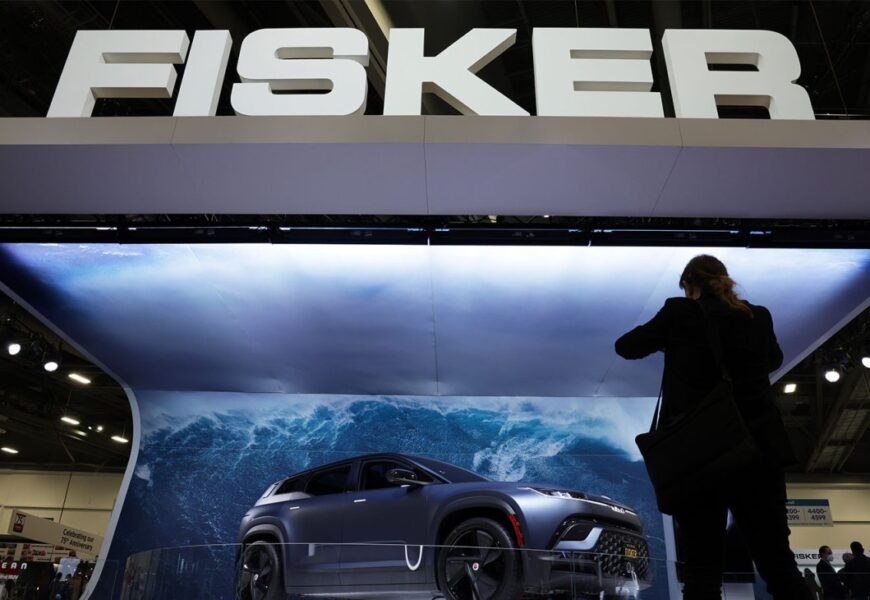TechCrunch Mobility is a weekly newsletter focused on transportation. Sign up here to receive it every weekend. Subscribe for free.
Welcome back to TechCrunch Mobility — your source for news and insights on the future of transportation.
Before delving into startups and technology, let’s discuss recent activity on Capitol Hill. The Biden Administration has introduced two new proposed standards through the Department of Energy (DOE) and the Environmental Protection Agency that will impact U.S. automakers and consumers. While these regulations have been revised to accommodate industry concerns, they establish stricter standards than before.
The DOE has issued a revised “petroleum equivalency factor,” providing EVs with a score under the corporate average fuel economy (CAFE) standards. The original proposal would have made it challenging for automakers to comply, resulting in significant fines. The EPA has released tailpipe standards for 2027-2032 model year vehicles, imposing stricter requirements but allowing flexibility to meet the rules with different powertrains.
These changes have varying impacts on EV startups and legacy automakers. While startups like Rivian, Tesla, and Lucid align with the clean car standards, legacy automakers investing in EVs while profiting from internal combustion engines face challenges. Plug-in hybrids might emerge as winners in this scenario.
Additional news this week includes discussions on Rivian’s partnership with Tesla, developments in the electric boat industry with Candela, financial challenges at Fisker, and more!
Let’s dive in!
A little bird
Recent reports suggested that Clevon, a company specializing in autonomous delivery technology, was facing financial challenges. However, the company’s CEO has confirmed ongoing operations, revealing an impending merger with an American electric vehicle company expected to conclude in June.
In the meantime, Clevon is making cost reductions, including laying off about 17 employees.















